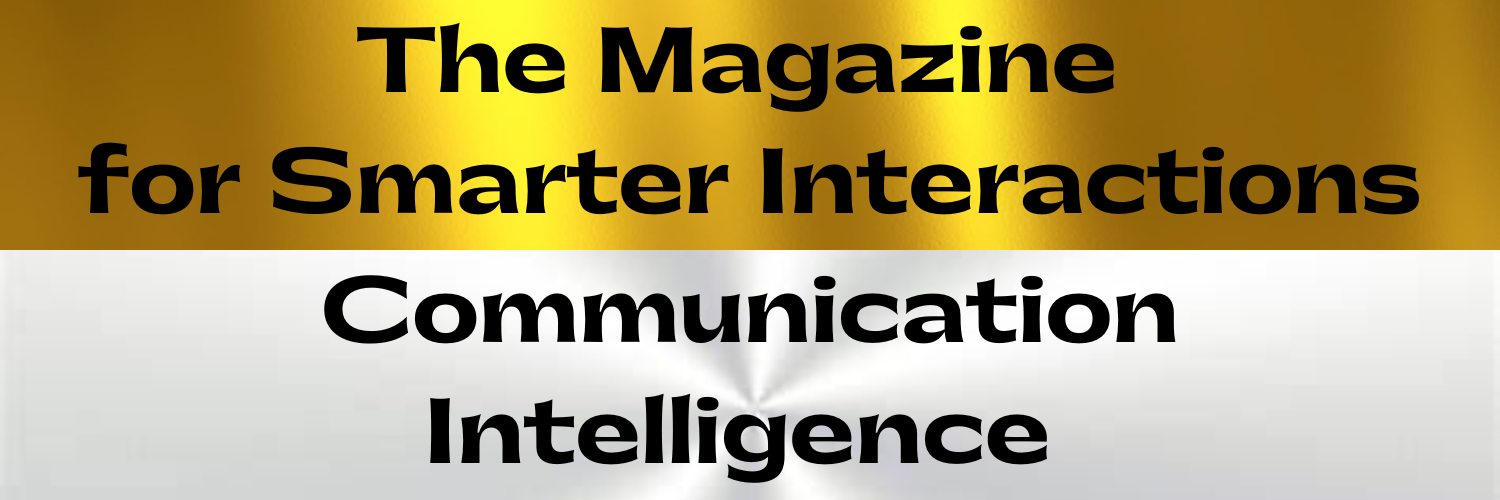Kamala Harris Shines in ‘60 Minutes’ Interview
Kamala Harris
“60 Minutes” reporter Bill Whitaker recently interviewed Vice President Kamala Harris, who is not widely respected — or often complimented — for being a skilled and strong public speaker.
In this exchange, Harris appeared to exhibit poise and come across in a informed, stately, competent and impressive manner. What does a communication professional think; how do they analyze the conversation?
“Kamala Harris is a brilliant orator and speaker; there is no way around it,” says Cathy Rought Jacobson, president and CEO at Integritas Public Affairs. “Her extensive legal background and trial experience, time in the Senate, and now as vice president, refined her natural-born talent and shaped her into a media powerhouse.”
Harris navigated the interview, emotions and conversation with deft expertise, Rought Jacobson says.
“The vice president answers the questions she wants to be asked, avoids falling into traps or defensiveness and pivots back to her top key points repeatedly, restating the same key points in different ways,” she analyzes. “The commentator (Whitaker) even referenced how frequently she used the word ‘democracy’ — something I believe was a deliberate positioning decision to contrast the legal issues former president Donald Trump is facing in connection with the 2020 presidential election.”
When Harris was in a place in the conversation that she preferred not to be in, Rought Jacobson says, the vice president knew how to respond.
“She immediately moves into a pivot when asked about sagging poll numbers or sensitive issues: ‘I am not going to speak to that, but what I will say is this,’ is one of many pivots she uses to control the conversation and revisit her core messaging,” Rought Jacobson points out.
Cathy Rought Jacobson
Harris may not change the minds of her critics with this interview yet she show herself to have more skill than many might want to give credit.
“She speaks with conviction and confidence and does not break eye contact when asked if there is any sunlight between her and the president, conveying authenticity, loyalty and passion for the ticket,” Rought Jacobson details.
There is a segment of the clip in which Harris allows for a moment of a situation admissions before responding with defense of her boss, President Biden, and the administration.
“She also acknowledges areas of vulnerability, such as the migrant crisis at the border, by pivoting back to the systemic failures rather than allowing the interviewer to lay the responsibility at the administration’s feet,” Rought Jacobson says. “She builds upon that by emphasizing Congress’ inability to meaningfully address gun reform, reminding viewers others are responsible for inaction on critical issues.”
Knowing how to use stories to communicate is a valuable skill to develop and implement and Harris does it well in the interview.
“She also excels at layering in personal anecdotes to relate to viewers,” Rought Jacobson notices, explaining, “The story about her mom stating, ‘You may be the first to do many things, make sure you are not the last,’ is one example, and it broadens inclusion; it is not just about her, it is about all of us, drawing the viewer into the circle of responsibility.”
This strategy helps communicate beyond just her words. It communicates who a person is and gives off a strong impression for people to consider.
“It also reinforces her brand of being unflappable, gritty, versatile, approachable and an authority on various issues and audiences,” Rought Jacobson says. “The clips of the speeches she delivered throughout the country reinforce that brand, whether she is speaking with college students or heads of state.”
A subtle skill that isn’t easy to master yet Harris shows she is aware of and knows how to use is the short phrasing that media decides to use in video, audio, or print.
“She has also mastered the art of the soundbite,” Rought Jacobson says. “Her response to the interviewer's question about her message for Iran is so simplistic and powerful, ‘Don’t.’”
Patience and thoughtfulness are signs of experience and mastery that the vice president shows viewers and analysts in media and politics.
“She doesn’t equivocate when being interviewed on camera and speaks slowly and deliberately. She maintains control of the interview and ensures her talking points are tight, memorable and concise,” according to Rought Jacobson. “She avoids jargon and political-elite wonkiness and states things clearly and confidently in a way the average American can grasp.”
Confidence that is believable is important for any person, especially national leaders — and Harris conveyed it.
“She speaks with conviction and authenticity and pivots back to her talking points. Even the body language she conveys in the entire body shot of her towards the end of the interview is one of authority and calmness,” Rought Jacobson explains.
She notices more of Harris’ body mannerisms as well.
“Her hands are lightly clasped in front of her, maintaining a visual openness with the interviewer, and as the camera zooms in, she uses her hands to highlight or flag words of importance in her answers,” Rought Jacobson says. “They never distract from her words.”
Harris represented herself, her office, President Biden and their team well in the 60 Minutes appearance. “I would be exceedingly pleased with her performance if she were my client,”Rought Jacobson says.



